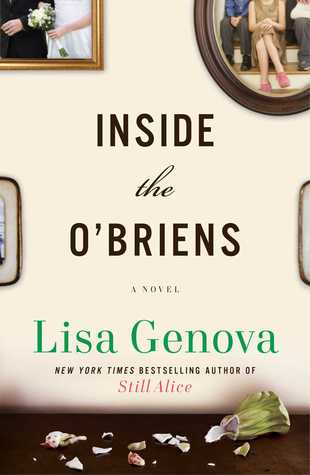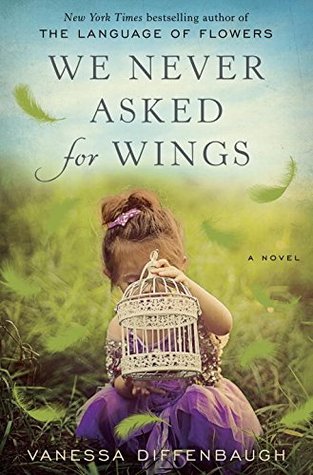 When Josh returns to his
hometown of Martinsburg, Texas, to help his best friend get married, he
didn’t intend to run into church wedding coordinator—and
ex-girlfriend—Holly. He can’t help but pine after the girl he never got
over.
When Josh returns to his
hometown of Martinsburg, Texas, to help his best friend get married, he
didn’t intend to run into church wedding coordinator—and
ex-girlfriend—Holly. He can’t help but pine after the girl he never got
over.Holly broke up with Josh years ago in an attempt to ensure his future success. But she loved him then and still loves him now. As she helps him plan his best friend’s wedding, she can’t help but feel horrible for the pain she caused him. And even though she longs to be with Josh, she doesn’t feel worthy of his big-time lifestyle when she is more comfortable in her small town world. Will Josh and Holly be able to keep things as they are when their true feelings threaten to surface at every turn?
This
novella didn't blow me away, but I don't think I expected it to either.
I was looking for a light read that would be a buffer between other
books and this worked. I would mention that I actually thought the plot
of this book could have easily been made into a full novel and fared
better. The characters had great background and I would have loved to
have more, but as a shorter story it was just nothing special.
* I received this book from the author/publisher in exchange for an honest review *
* I received this book from the author/publisher in exchange for an honest review *





